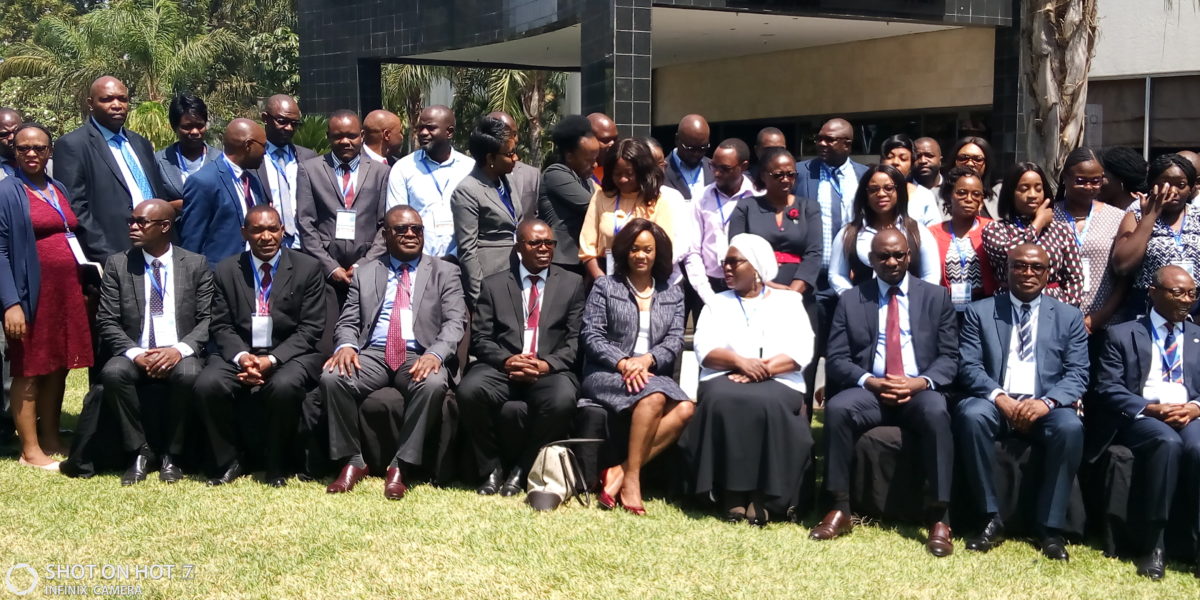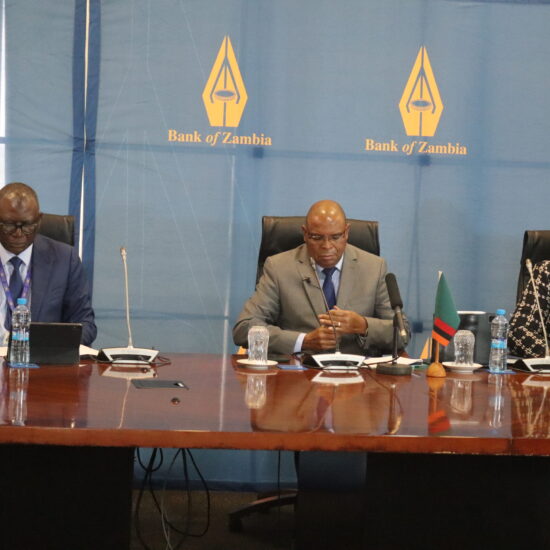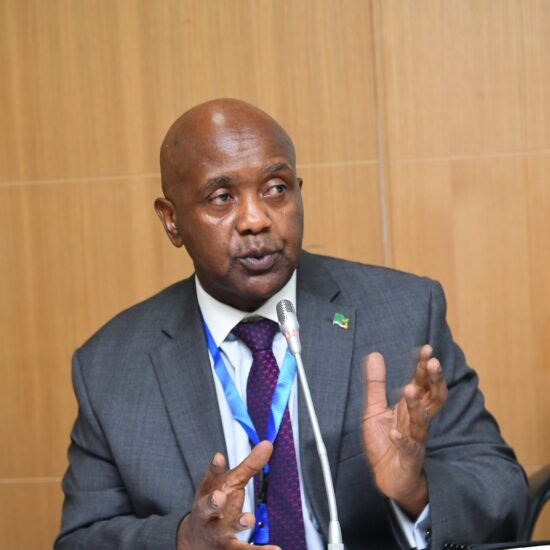
Financial inclusion in Zambia remains relatively low at 59.3% (about 60%), with the government calling on financial providers to collaborate with key stakeholders in its quest to increase financial inclusion. Financial inclusion is considered key to economic productivity of the population.
Permanent Secretary in the ministry of finance (Economic Management) Mukuli Chikuba says to attain significant financial inclusivity in the years to come, financial service providers must invest in financial technologies which will facilitate access for the excluded population to Digital platform.
‘‘Digitalization is already the future of financing, therefore, the advancement and adoption of technology and digitalized business models will enable financial service providers to achieve greater scale, reduce operating costs, penetrate new markets more swiftly and better understand the needs of customers’’. the PS said.
Chikuba added that digital financial services should be suited to customers’ needs and delivered appropriately, at an affordable cost to customers and service providers. The PS was speaking at the 5th Banking and Finance Conference held from 9th to 10th October 2019, under the theme; Financial Inclusion in an Era of Digital Disruptions- Enhancing Sector Transformation attended by Zambian Business Times – ZBT in Lusaka.
‘‘I wish to reiterate that the theme for the conference is appropriate as it is in line with government’s agenda of increasing overall financial inclusion to 80% by 2022’’, said Chikuba. Chikuba further reminded financial institutions to pass on the benefits that come with digitalization to the consumers of financial services as well.
And Zambia Institute Banking and Financial Services – ZIBFS President Moses Shuko says the conference provides a good platform on which stakeholders can network and learn on topics affecting the local and global financial sectors. He says as Zambia aspire to become a middle income country by 2030, this can only be achieved if the financial system becomes more inclusive so as to promote a broad based financial intermediate platform which will foster economic development.
‘‘The 2019 conference will not only create awareness of the major challenges in developing or strengthening digital financial markets, but will also focus on solutions and resolutions of these challenges by highlighting innovations, new ideas and global experiences in the sector’’, said Shuko.
Meanwhile speaking at the same event, Bankers Association of Zambia chairman Kola Adeleke added that the convergence of technology and financial services is key to completion the vision of financial inclusions. He stated that while tradition banking of financial institutions continue catering to wide distribution network across the country, the dynamics are changing rapidly.








